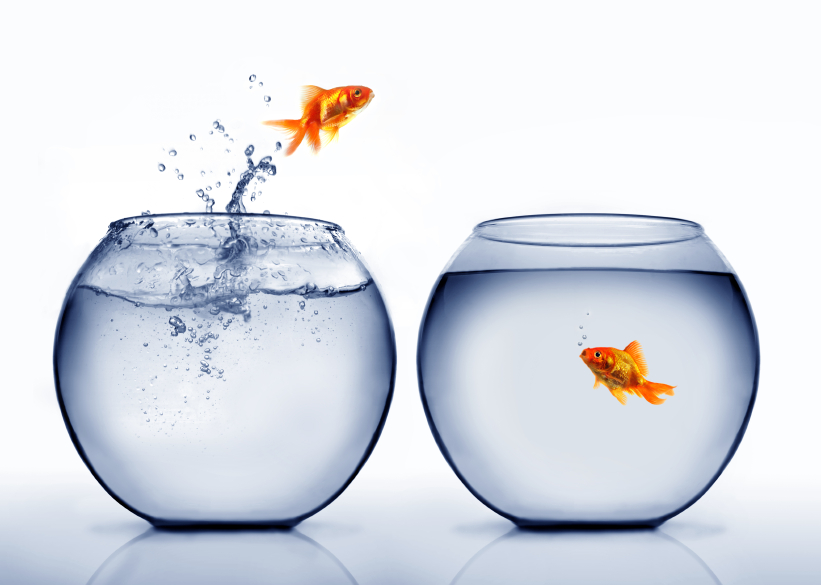
I’ve been working with clients for over 10 years now; the majority of my work is with couples. If I were to list common themes brought to the therapy room, one would be the evolution of a relationship.
One cannot not change. (I realize I used a double negative; I meant to do that.) You are changing every moment: at the molecular level, your brain is firing synapse and rewiring itself with each piece of information you take in, you are not the same as you were when you were a child, nor will you be the same in 10 years. As humans, it is inevitable that we change. Why would our relationships be any different?
Your relationship with your partner changed from how it was as a first date, to the time you fully committed to one another, to the day-in-and-day-out-here-comes-another-anniversary. Without deliberate, intentional work on a regular basis, your relationship may suffer. Like anything else, because relationships change, they also take continual work to maintain, improve, and to thoroughly enjoy.
I’ve heard many couples say to one another, “I love you, but I’m not IN love with you.” From the time the two have met until this moment, something has significantly changed; the relationship has evolved.
The partner on the receiving end usually feels confusion, disbelief, hurt, and, at times, anger. The receiver wonders, “What is the difference? Either you love me or you don’t.” When validly the person saying it truly has love for the other, like a feeling of deep care, but may no longer be in touch with or have the same “ooey-gooey” feelings of passion, that can also coincide with love. Many reasons may have lead to the course of this place, but there are ways to heal from this.
If you have heard this, practice these things to create space for healing:
- Be non-reactive. Yes, you are deeply wounded and confused, but it will only make things more emotionally charged or distant if you react and display harshness, judgement, or aggression.
- You can control your emotional reactivity.
- You can prevent further emotional damage to your relationship.
- Be alert to all the various emotions you feel. There will be many; they may be unconscious, but they will unveil themselves if you pay close attention. If it helps to keep track of your feelings by writing them down, do so.
- Be curious. It is a very challenging task because you may want to be upset, but curiosity helps alleviate defensiveness. Questions, such as the following, are used in a curious way without confusing the issue with emotional flooding:
- “Can you help me better understand how you feel when you say you love me but are not IN love with me?”
- “How long have you felt this way?”
- “What do you hope happens now that you’ve shared this with me?”
As the receiver, you may want to immediately improve everything about yourself or your behavior to try to “win back” the love your partner says has been lost. While making positive changes are helpful, prepare yourself that your partner may not be receptive to your changes or it may take a lot of time and consistency to build feelings of trust and reliability.
As the partner, you may feel emotionally exhausted and drained and it may feel safer to emotionally cut-off to prevent further disappointment or hurt. You may have kept your feelings and thoughts to yourself as a way of coping; however, now may be one of the best times to give voice to your experience.
When you get to this point in your relationship, consider seeking support from a trained and licensed clinician. While these are helpful tips, there is most likely a greater history of how your relationship got to this point that may be helpful for you to work through for greater and lasting healing to occur. You need support from someone who is equipped with being impartial, nonjudgmental, and compassionate to what you and your partner have experienced.
#Therapyworks

